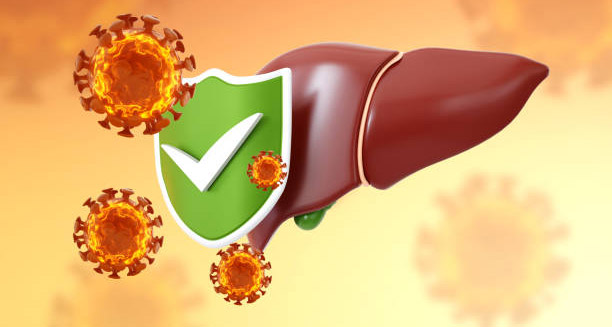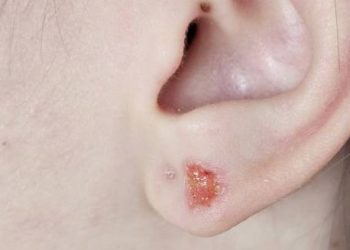Prevention of Hepatitis A The prevention of hepatitis A is a vital public health objective, especially in regions where sanitation is limited and outbreaks can spread rapidly through contaminated food or water.
Hepatitis A spreads very easily. But it is simple to stop with a vaccine. Many people could avoid it if they had better hygiene, clean water, and vaccines. The top ways to stop hepatitis A include getting vaccinated, keeping places clean, learning about hygiene, and acting fast when there is an outbreak.
Vaccination for Protection
Getting vaccinated is the best way to stay safe from hepatitis A. The vaccine works very well. After one shot, it protects most people. A second shot, taken six to twelve months later, makes protection almost complete. This protection lasts many years. Adults and children over one year old should get it. In countries where hepatitis A happens often, giving the vaccine to all children lowers the number of sick people. It also cuts down how much the virus spreads without people knowing.
Who Should Get the Vaccine
Some people have a bigger risk of getting hepatitis A. They need the vaccine more than others. These people include:
- People who travel to places with dirty water or hepatitis A outbreaks
- People with liver problems like hepatitis B or C
- Men who have sex with men (MSM)
- People who use injection drugs
- Workers in childcare, healthcare, or food services
- People without homes or living in shelters
- People who live close to someone who has hepatitis A
The vaccine also helps after someone is near a sick person. If they get the shot within 14 days, it can stop the illness or make it very mild. This is useful in families, schools, or workplaces where the virus may have spread before symptoms showed.
Clean Water Keeps People Safe
In places without clean water, it is very easy to get hepatitis A. The virus leaves the body through poop before and after a person feels sick. People must stay very clean to stop this.
Safe Drinking Water
Clean water is key. Where tap water is not safe, people should:
- Boil water for at least one minute before drinking
- Drink bottled water with sealed tops
- Avoid ice unless it comes from clean water
- Use boiled or bottled water to brush teeth
Communities can treat water with chlorine or ultraviolet light. Building good water systems also helps stop hepatitis A.
Better Sanitation
Safe toilets help keep people healthy. In many outbreaks, people got sick from open toilets or broken sewers. It is important to:
- Build clean toilets
- Connect toilets to sewage plants
- Stop poop from getting into rivers or farms
These actions also stop other sicknesses like cholera and typhoid.
Safer Food Practices
Hepatitis A often spreads through food. This happens when food workers do not wash their hands. To stop this:
- Wash fruits and vegetables very well
- Do not eat raw shellfish like oysters or clams
- Cook meat and seafood all the way
- Make sure food workers wash their hands often
- Do not eat from dirty street stalls
Restaurants and schools should check food safety rules often.
Hand Washing is Very Important
One of the easiest ways to stop hepatitis A is to wash hands often. People should wash their hands:
- After using the toilet
- After changing diapers or cleaning up someone sick
- Before eating or cooking
- After handling trash or animals
If there is no soap and water, people can use hand sanitiser. But soap and water work better for hepatitis A.
Teaching People Helps Prevent Illness
Teaching people about hepatitis A helps stop it. Schools, shelters, and community groups should teach:
- Good hygiene habits
- How to spot signs of sickness early
- Why vaccines are safe and useful
- That there is no shame in having hepatitis A
During outbreaks, it is very helpful to give people quick and clear information. Local health workers can help by sharing tips and organizing care.
Be Ready for Outbreaks
When someone gets hepatitis A, it is very important to act fast. This is extra important in schools, care homes, or restaurants. Quick actions include:
- Finding out how the person got sick
- Giving vaccines to people around them
- Using immune shots if needed
- Cleaning places very well
- Watching for more sick people
Sometimes, places need to close for a short time until things get cleaner and safer.
Prevention of Hepatitis A In short, stopping hepatitis A needs many steps. People need vaccines, clean water, good toilets, clean food, and information. These steps also stop other stomach bugs. When people work together, they can keep hepatitis A away and make their community healthier.


